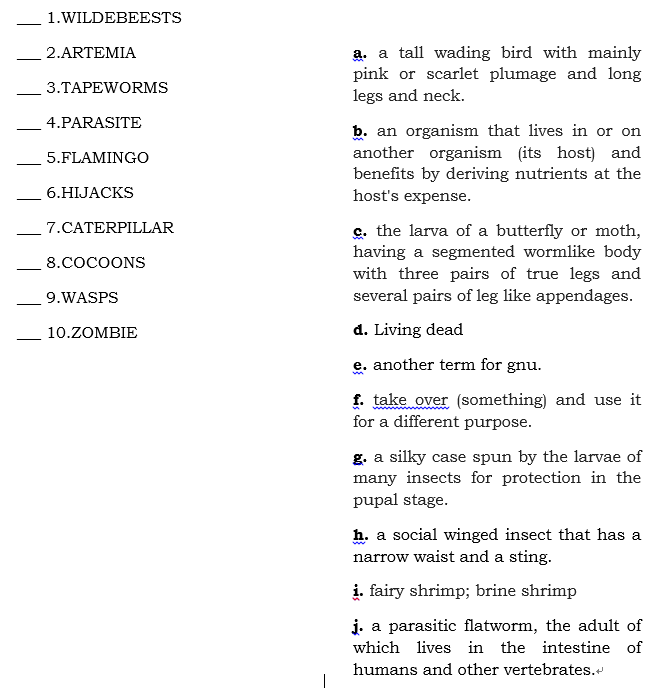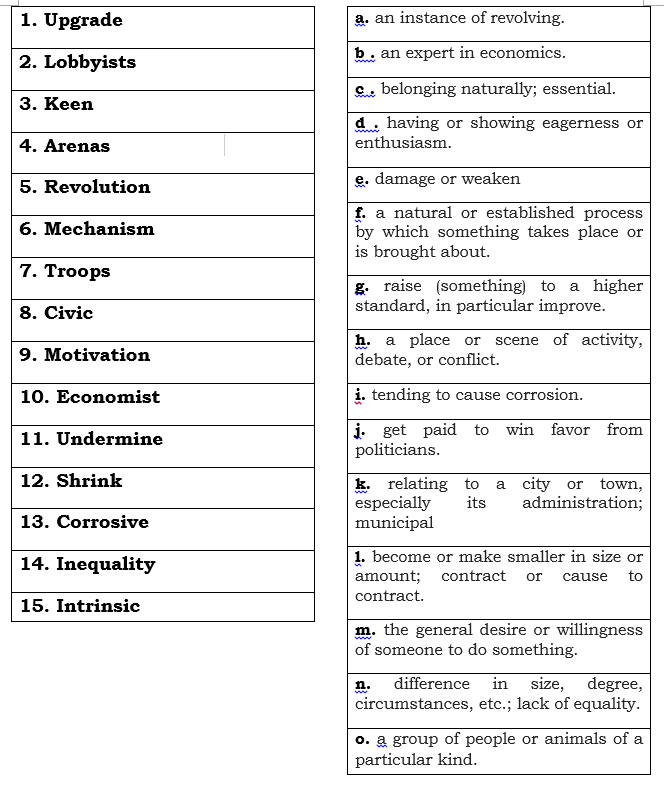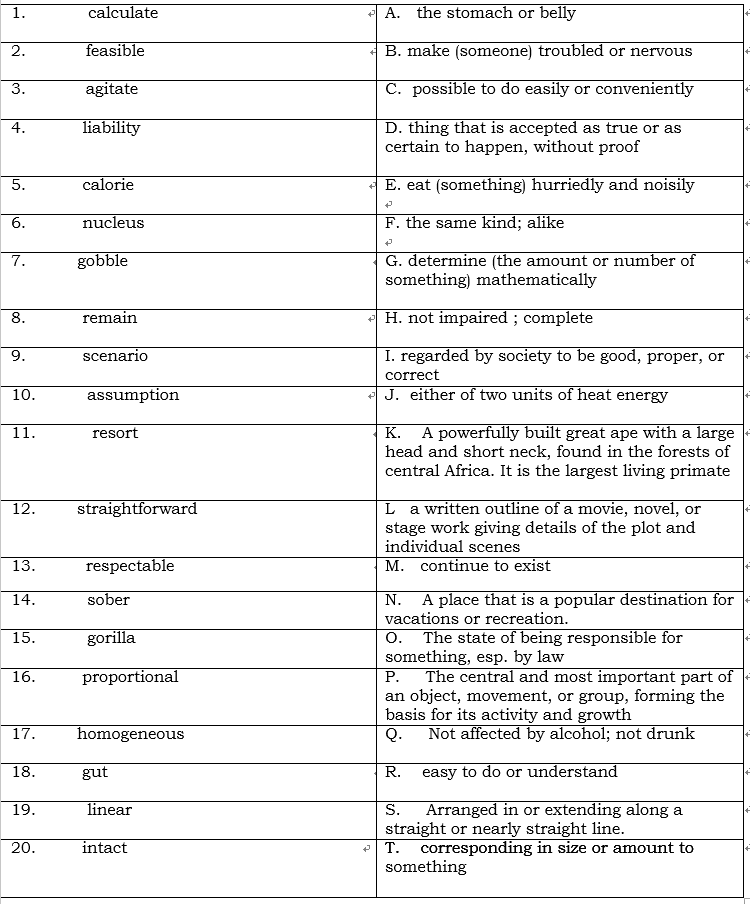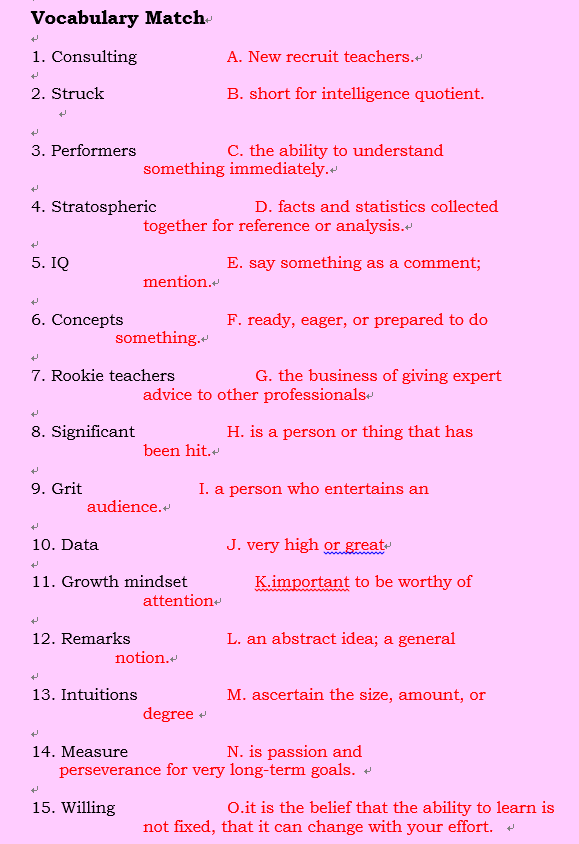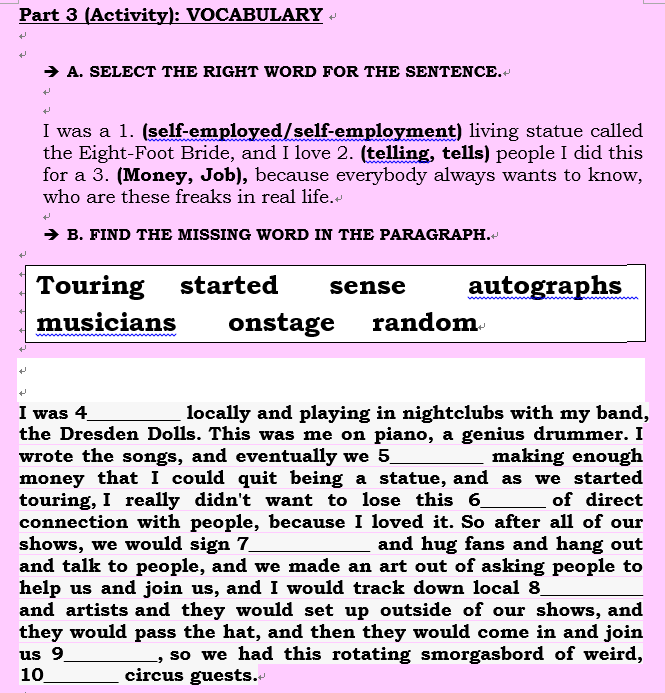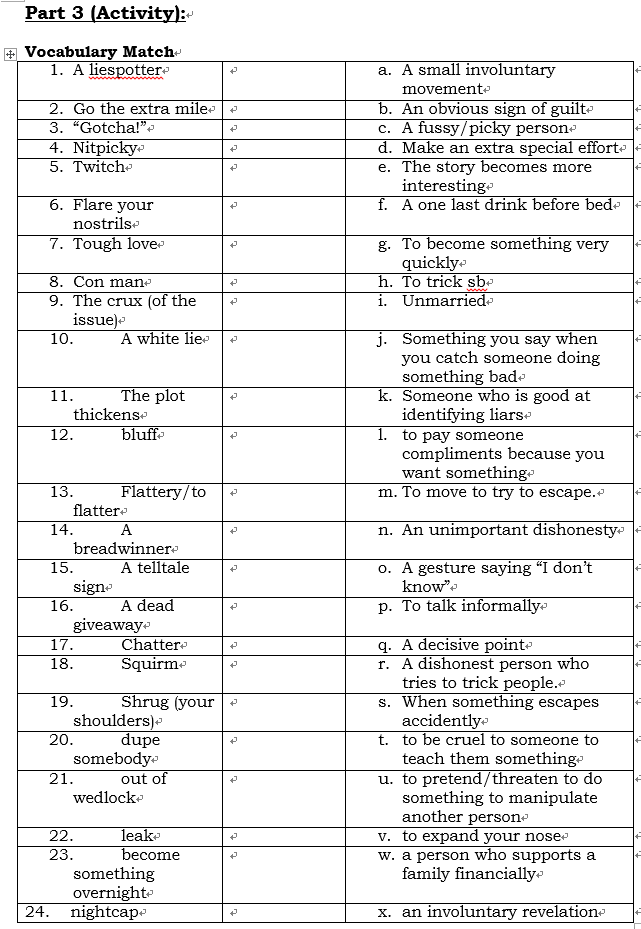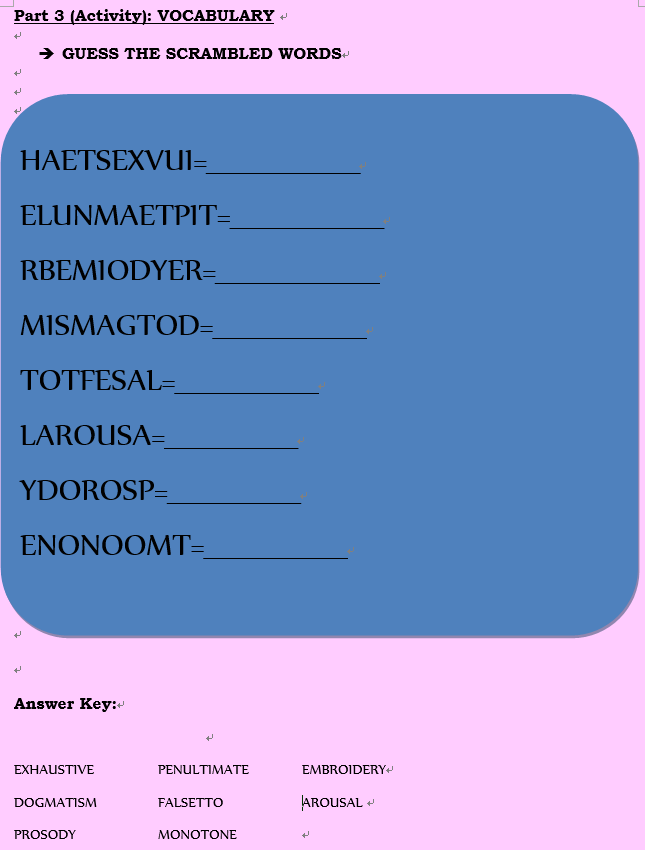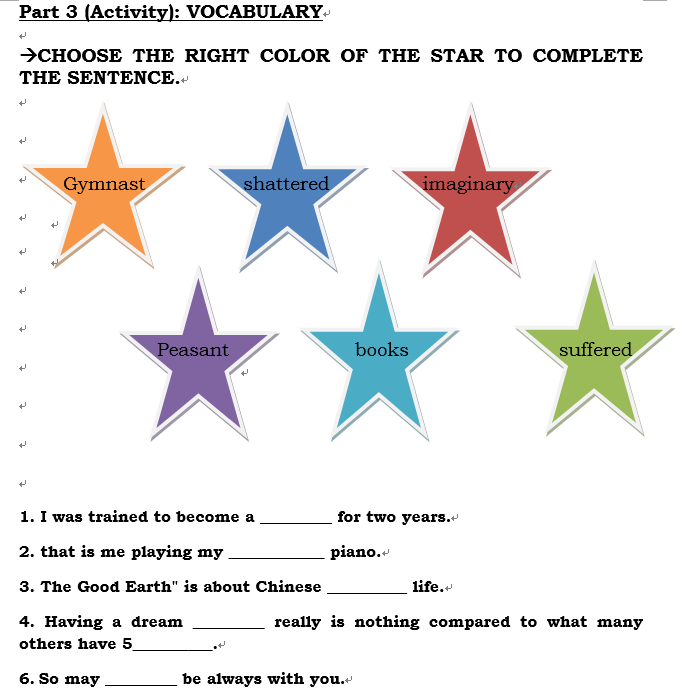
■ 高騰する授業料
高額な授業料を見ると二の足を踏まざるを得ません。
それはアメリカにいる高校生たちも同じです。
例えばハーバード大学は、2014年~2015年の1年間に掛かる
総費用の概算は約68,000ドル(約8,200,000円)と言っています。
ハーバード大学に限らず、よくアメリカの高等教育価格の高騰が問題に上げられます。
なにせ、トップ私立校の殆どが軒並み年間約45,000(約540万円)するのです。
州立大学では、アメリカの市民権を持ちかつその州に住んでいる学生の
授業料は約13,000ドル程度ですが、
留学生も含めてそれ以外の学生の授業料は36,000程度です。
それに教材や生活費が掛かり途方もない金額になります。
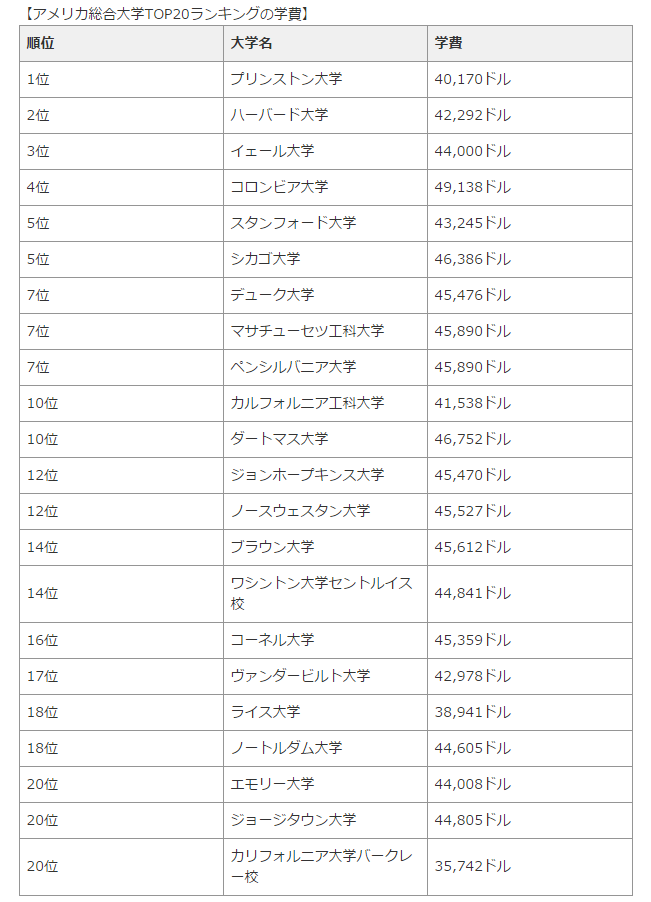
しかし、アメリカでは収入も高騰しているのでしょうか。
いいえそんなことはありません。
実際のところアメリカでも大学の学費を全額払うことの出来る人はごく少数で、
残りの大半の人たちはこの、「Financial Aid」に頼るのです。
■ Financial Aidとは
Financial Aidというのは、直訳すれば経済的援助で、
学費負担を軽減するための金銭的支援プログラムの総称です。
このFinancial Aidというものは家庭の経済状況や生徒の能力に応じて
学校より与えられるのですが、留学生にFinancial Aidを出す学校は限られています。
■ Merit-based とNeed based
アメリカのFinancial Aidには、Merit-based とNeed basedがあります。
Merit-basedとは、学力やリーダーシップなど学生の能力への評価
として給付される奨学金のことです。
その金額は、大学がその学生をどれくらい欲しているかで決まります。
額は、1千ドル程度からフルスカラシップ(学費全額免除)までさまざまで、
家庭の経済的ニーズの有無にかかわらず給付されます。
また、国籍やビザの種類も問わないため、
外国人学生にも大いに獲得のチャンスがあります。
Need basedは、各家庭の収入と資産によってその家庭が支払われる
能力があると思われる金額を算出します。
これに生徒が学期中と夏休み中にアルバイトをした場合の収入を加えた金額が
生徒とその家庭が支払うべき授業料と寮費とされます。
学校側は、 表示価格の授業料、寮費、予測した本代、交通費等を加算し
1年に掛かる全費用を使って、その差額をGrant(返還の必要無し)と
ローンをFinancial Aidとして各生徒に提示します。
これは、とにかく優秀な学生を募りたい!
そう願う多くのアメリカの大学が取り入れてる制度で、
ざっくり言ってしまえば、年収によって学費が異なる制度なのです。
■ ハーバード大学はNeed-based

ハーバードの奨学金(Financial Aid)はneed-basedといわれ、
ハーバードの合格者全てに対して必要な額を支払います。
大体アイビーリーグやMIT,スタンフォードなどの一流大学は
すべてneed-basedの奨学金(financial aid)になっています。
この「Need-blind」の制度を、ハーバードを例にとって説明すると、
世帯年収780万円(約6万5000ドル)未満の家庭は無料になります。
世帯年収180万円(約15万ドル)未満の家庭は、10%以下の学費へ減額されます。
■ 留学生に開けたFinancial Aid の大学を選ぶ
先にも述べましたように、留学生にもFinancial Aidは出願する大学は限られています。
出願する大学を選ぶ際に留学生へのFinancial Aidに対する
各大学の態度がとても大切になってきます。
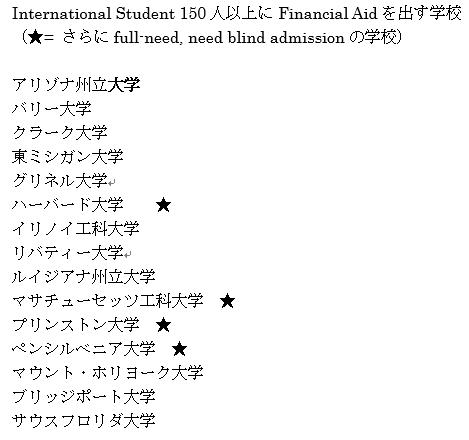
TOEFL特訓ゼミはこちらをご覧ください
IELTS特訓ゼミはこちらをご覧ください
